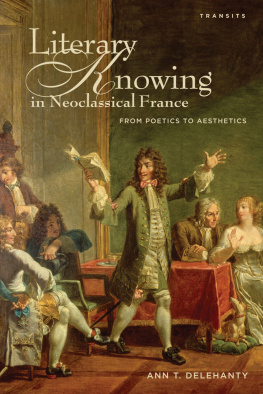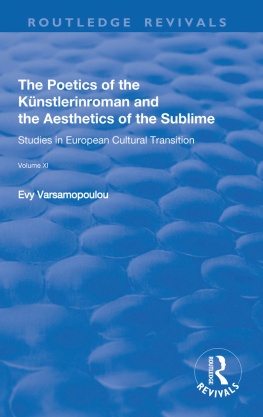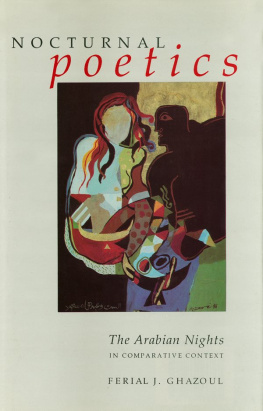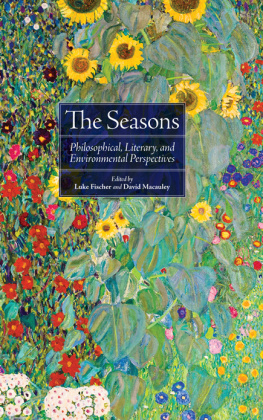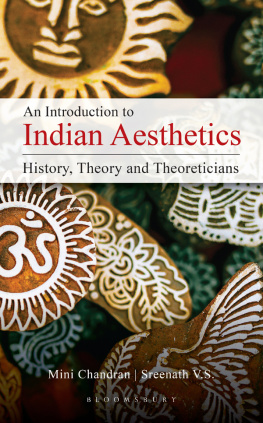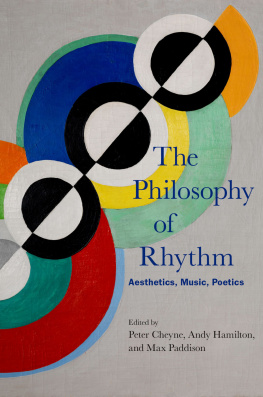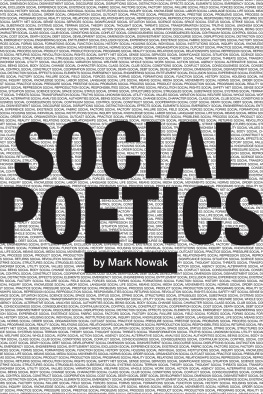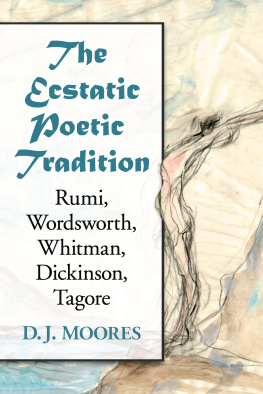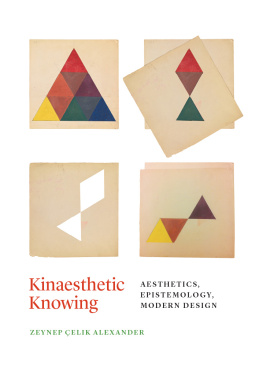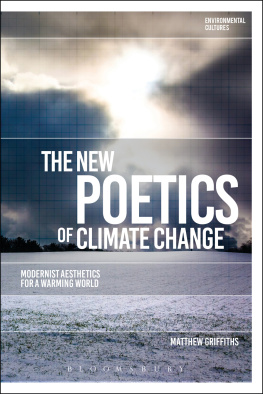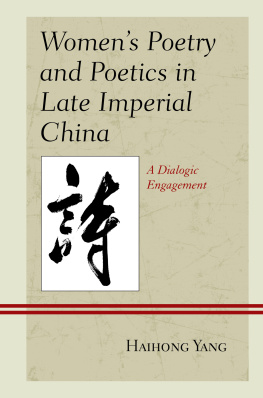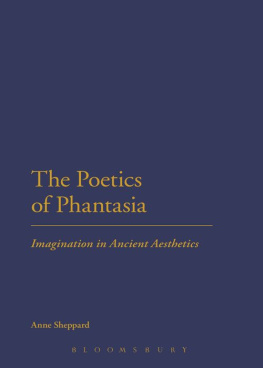Delehanty - Literary knowing in neoclassical France: from poetics to aesthetics
Here you can read online Delehanty - Literary knowing in neoclassical France: from poetics to aesthetics full text of the book (entire story) in english for free. Download pdf and epub, get meaning, cover and reviews about this ebook. City: Lanham, year: 2013;2012, publisher: Bucknell University Press, Md, genre: Romance novel. Description of the work, (preface) as well as reviews are available. Best literature library LitArk.com created for fans of good reading and offers a wide selection of genres:
Romance novel
Science fiction
Adventure
Detective
Science
History
Home and family
Prose
Art
Politics
Computer
Non-fiction
Religion
Business
Children
Humor
Choose a favorite category and find really read worthwhile books. Enjoy immersion in the world of imagination, feel the emotions of the characters or learn something new for yourself, make an fascinating discovery.
- Book:Literary knowing in neoclassical France: from poetics to aesthetics
- Author:
- Publisher:Bucknell University Press, Md
- Genre:
- Year:2013;2012
- City:Lanham
- Rating:3 / 5
- Favourites:Add to favourites
- Your mark:
- 60
- 1
- 2
- 3
- 4
- 5
Literary knowing in neoclassical France: from poetics to aesthetics: summary, description and annotation
We offer to read an annotation, description, summary or preface (depends on what the author of the book "Literary knowing in neoclassical France: from poetics to aesthetics" wrote himself). If you haven't found the necessary information about the book — write in the comments, we will try to find it.
Delehanty: author's other books
Who wrote Literary knowing in neoclassical France: from poetics to aesthetics? Find out the surname, the name of the author of the book and a list of all author's works by series.
Literary knowing in neoclassical France: from poetics to aesthetics — read online for free the complete book (whole text) full work
Below is the text of the book, divided by pages. System saving the place of the last page read, allows you to conveniently read the book "Literary knowing in neoclassical France: from poetics to aesthetics" online for free, without having to search again every time where you left off. Put a bookmark, and you can go to the page where you finished reading at any time.
Font size:
Interval:
Bookmark:
Literary Knowing
in Neoclassical France
Transits: Literature, thought & culture
Series Editor
Greg Clingham
Bucknell University
Transits is the next horizon. The series of books, essays, and monographs aims to extend recent achievements in eighteenth-century studies and to publish work on any aspects of the literature, thought, and culture of the years 16501850. Without ideological or methodological restrictions, Transits seeks to provide transformative readings of the literary, cultural, and historical interconnections between Britain, Europe, the Far East, Oceania, and the Americas in the long eighteenth century, and as they extend down to present time. In addition to literature and history, such global perspectives might entail considerations of time, space, nature, economics, politics, environment, and material culture, and might necessitate the development of new modes of critical imagination, which we welcome. But the series does not thereby repudiate the local and the national for original new work on particular writers and readers in particular places in time continues to be the bedrock of the discipline.
Titles in the Series
The Family, Marriage, and Radicalism in British Womens Novels of the 1790s: Public Affection and Private Affliction
Jennifer Golightly
Feminism and the Politics of Travel After the Enlightenment
Yal Schlick
John Galt: Observations and Conjectures on Literature, History, and Society
Regina Hewitt
Performing Authorship in Eighteenth-Century English Periodicals
Manushag N. Powell
Excitable Imaginations: Eroticism and Reading in Britain, 16601760
Kathleen Lubey
The French Revolution Debate and the British Novel, 17901814: The Struggle for Historys Authority
Morgan Rooney
Rococo Fiction in France, 16001715: Seditious Frivolity
Allison Stedman
Poetic Sisters: Early Eighteenth-Century Women Poets
Deborah Kennedy
Richard Brinsley Sheridan: The Impresario in Political and Cultural Context
Jack E. DeRochi and Daniel J. Ennis
For a complete list of titles in this series, please visit http://www.bucknell.edu/universitypress
Transits
Literary Knowing
in Neoclassical France
From Poetics to Aesthetics
Ann T. Delehanty
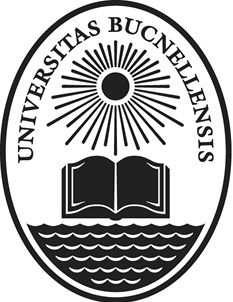
LEWISBURG
BUCKNELL UNIVERSITY PRESS
Published by Bucknell University Press
Co-published with The Rowman & Littlefield Publishing Group, Inc.
4501 Forbes Boulevard, Suite 200, Lanham, Maryland 20706
www.rowman.com
10 Thornbury Road, Plymouth PL6 7PP, United Kingdom
Copyright 2013 by Ann T. Delehanty
All rights reserved . No part of this book may be reproduced in any form or by any electronic or mechanical means, including information storage and retrieval systems, without written permission from the publisher, except by a reviewer who may quote passages in a review.
British Library Cataloguing in Publication Information Available
Library of Congress Cataloging-in-Publication Data
Delehanty, Ann T.
Literary knowing in neoclassical France : from poetics to aesthetics / Ann T. Delehanty.
p. cm. (Transits literature, thought & culture)
Includes bibliographical references and index.
ISBN 978-1-61148-489-2 (cloth : alk. paper) ISBN 978-1-61148-490-8 (electronic)
1. CriticismFranceHistory18th century. 2. CriticismFrance History17th century. 3. French literatureHistory and criticism. 4. Aesthetics in literature. I. Title.
PQ75.D45 2012
801'.95094409032dc23 2012038914
 The paper used in this publication meets the minimum requirements of American National Standard for Information SciencesPermanence of Paper for Printed Library Materials, ANSI/NISO Z39.48-1992.
The paper used in this publication meets the minimum requirements of American National Standard for Information SciencesPermanence of Paper for Printed Library Materials, ANSI/NISO Z39.48-1992.
Printed in the United States of America
Contents
Acknowledgements
I owe a debt of gratitude to numerous people who have helped this book come to fruition. My first thanks go to the anonymous reader of the manuscript as well as Greg Clingham, both of whose careful suggestions and corrections were invaluable to me. I thank my colleagues at Reed College, especially Tamara Metz, Bill Ray, Hugh Hochman, Luc Monnin, Catherine Witt, Peter Steinberger, Elizabeth Drumm, and Robert Knapp for offering helpful feedback and encouragement at various points in the process. Reed College generously supported me by providing several grants, including paid sabbatical leave, a Ruby summer research grant, and funds from the Levine Foundation. I am grateful to Christopher Braider, Erec Koch, Sara Melzer, and John D. Lyons for asking helpful questions of iterations of this work along the way. Timothy Hampton, Ignacio Navarrete, and Nicholas Paige have all offered tremendous guidance, support, and inspiration to me. Katherine Ibbett, Faith Barrett, and Michael Oborne have given me many words of encouragement. I thank Margo Meyer for helping to inspire the ideas that began this project. I am eternally indebted to Tyler Blakeney for his help as a research assistant and grateful for his unrelenting enthusiasm. I thank my parents, William and Lorraine Delehanty, and my siblings, Paul Delehanty and Margaret Kelly, for their profound support. I dedicate this book to my husband, Mark de Bettencourt, and our children, Dominic, Catherine, and Oliver de Bettencourt, and thank them for their daily and unflagging encouragement.
Portions of chapters 1, 3, 4, and 5 have previously appeared as articles; they have been substantially revised for inclusion in this book. They are: Mapping the Aesthetic Mind ( Journal of the History of Ideas 68, no. 2 [2007]: 23353), From Judgment to Sentiment: Changing Theories of the Sublime, 16741710 ( Modern Language Quarterly 66, no. 2 [2005]: 15172), and Morality and Method in Pascals Penses ( Philosophy and Literature 28, no. 1 [2004]: 7488). I am grateful to those journals for their permission to include the materials here.
A Note on Translations
A s much as possible, I have made use of existing translations (some of which are from the eighteenth century) for the primary works studied here. Those translations are indicated following the first translated quote from each work. For the remaining works, the translations are my own.
Introduction
Mimesis and Transcendence
E very theory of literature has to account for at least three elements: the work itself, the author, and the audience of the work. Depending on what the theory posits, it will place emphasis on a different element. Theories that view the work as an autonomous object that contains beauty or truth will focus on the text itself, examining its rules, its classification (or genre), and its rhetorical or representational maneuverings. Theories that see the best literature as somehow beyond the limitations of the human sphere will focus on the character of the artist, claiming divine inspiration or genius as the source of its excellence. Finally, theories that ground an understanding of the work in the psychology or education of the author or the audience will look to the psychological responses of the audience, the cultural milieu of the text, or the intellectual training of the artist or audience. Most theories combine elements of all three models. Undergirding all of them, however, are telling assumptions about both the metaphysical and epistemological nature of the literary work that can teach us a great deal about how a given generation of thinkers understood not only the literary work but also its relation to the deepest kind of knowledge.
If we lay out several theories of literature against one another, moreover, it quickly becomes clear that we do not know whether works of literature are or whether they do . To say that a work of literature is (a representation, an image, an imitation) is to grant it ontological status that it might not fully merit. By describing rules for the composition of a literary work and evaluating the success of a work according to its compliance with those rules, for example, we implicitly suggest that literature is tangible, quantifiable, and, in those ways, like an object. A discussion of the problems inherent in the formalist reification of language was, in many ways, the beginning of poststructuralist theory in the twentieth century. By contrast, at various moments in history, we sometimes argue that works of literature do something. Some theories claim that literature makes us more virtuous; others that it moves us to pity or fear; still others that it simply pleases us by letting us witness and feel the experiences of another without fear for real-world consequences. These theories look to the effect of the work of art rather than the work as object. The risk of this kind of model lies in presuming a uniformity of response: just as individual actions strike each of us differently, so too does the literary work viewed as an act evade full categorization. In many, if not all, of these theories, there is a presumed relationship between the text and the reader whereby the work relates to its readers and the readers learn from that relationship. The language of literatures being involves patterns, rules, genres, and traditions in the words of the work itself; the language of literatures doing invokes emotions, states of mind, and abilities in the mind of the author or audience of the work as well as relationships between the author/artist and his or her audience.
Font size:
Interval:
Bookmark:
Similar books «Literary knowing in neoclassical France: from poetics to aesthetics»
Look at similar books to Literary knowing in neoclassical France: from poetics to aesthetics. We have selected literature similar in name and meaning in the hope of providing readers with more options to find new, interesting, not yet read works.
Discussion, reviews of the book Literary knowing in neoclassical France: from poetics to aesthetics and just readers' own opinions. Leave your comments, write what you think about the work, its meaning or the main characters. Specify what exactly you liked and what you didn't like, and why you think so.

